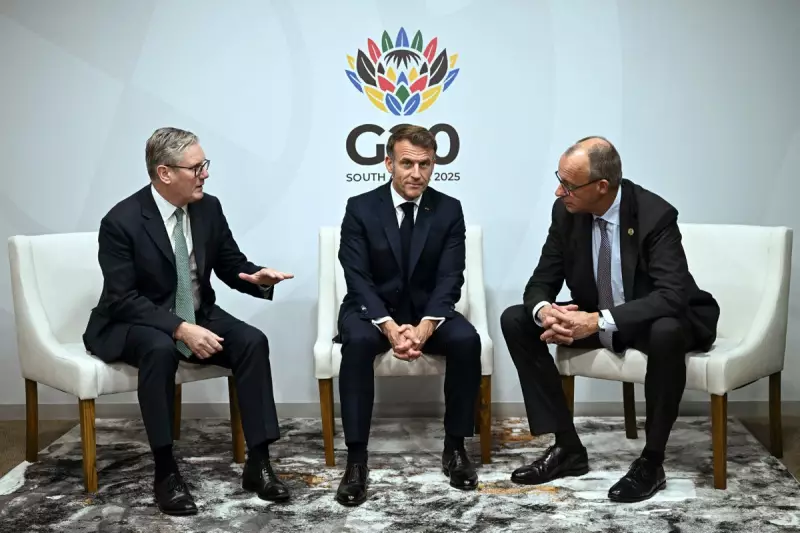
Europe stands at a historic crossroads, taking tentative steps away from American leadership while confronting the persistent Russian threat to its democratic values. The recent gathering of a coalition of willing nations, attended by Nato's Mark Rutte, signals this shifting dynamic. However, the time for cautious diplomacy has passed; the moment demands bold, decisive action to secure continental security.
The Case for Immediate Ukrainian NATO Membership
The most powerful statement Europe could make involves granting immediate Nato membership to Ukraine, alongside Georgia and Bosnia-Herzegovina. Such a move would demonstrate Western resolve matching the Kremlin's confidence on the global stage. Realistically, this proposal would likely face immediate veto from the United States, Hungary, and Slovakia - the latter two governed by pro-Putin autocrats.
From Vladimir Putin downward, Russian leadership fundamentally perceives 'the West' as its eternal adversary. This worldview persists despite the factual reality that former Eastern bloc nations emerged from Soviet domination as democratic states and freely chose to join the military alliance as protection against future Russian aggression.
European Momentum Amid American Uncertainty
The international landscape reveals significant fractures in Western unity. The United States under Donald Trump has demonstrated pronounced pro-Russian leanings while abandoning the multilateral frameworks that underpinned its global leadership. Recent developments highlight this divergence: the G19 meeting in Johannesburg (which would have been G20 had the US attended) produced agreements on renewable energy and debt relief that directly contradict Trump's policies.
Meanwhile, European nations alongside Ukraine, Canada and other genuine allies are carefully reshaping a peculiar peace proposal that bears all the hallmarks of a Kremlin document. As German Chancellor Friedrich Merz stated regarding Russian reintegration: "I cannot see that among the six members of today's G7 who are not America, there is a willingness to readmit Russia to this group."
European diplomats have circulated an alternative proposal focusing on an immediate ceasefire rather than a final peace settlement. This approach guarantees future negotiations based on current frontlines while ensuring Ukraine's lasting security - though Moscow has dismissively labelled it "completely unconstructive."
A Powerful Alternative: Europe's Military and Economic Leverage
The collective economic and military strength available to European nations presents a formidable deterrent capability. The combined economies of Nato nations excluding the US, Hungary and Slovenia exceed Russia's GDP by over four times. This bloc dedicates 3.5-4% more of its resources to defence and could mobilise approximately 3.2 million troops against Russia's 1.5 million.
Finland's recent Nato accession demonstrates the preventative strategy against Russian aggression. Bringing Ukraine and Georgia under a Nato-style defensive umbrella - even without formal membership - would provide substantial security enhancement without requiring massive new military expenditure.
With Russian forces occupying territories in both Georgia and Ukraine, the Kremlin would reconsider further advances if they risked confrontation with the world's most advanced military alliance. While Russia consistently threatens nuclear escalation, neither China nor the US would tolerate even tactical nuclear deployment, making such threats largely hollow.
Europe possesses the troops, financial resources, and military capability to counter Moscow's threats independently. What remains essential is demonstrating the political courage and conviction to assume this historic responsibility and ensure regional security for generations to come.





